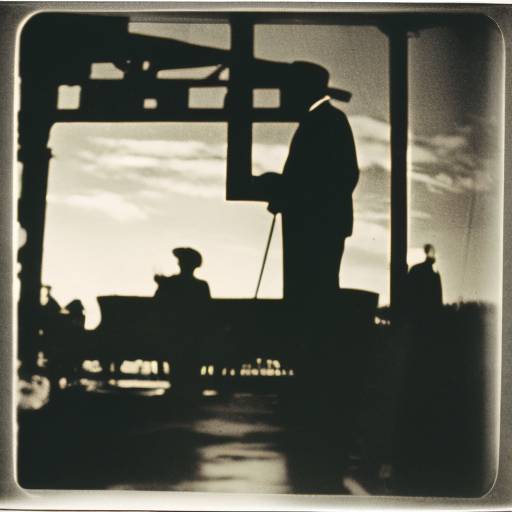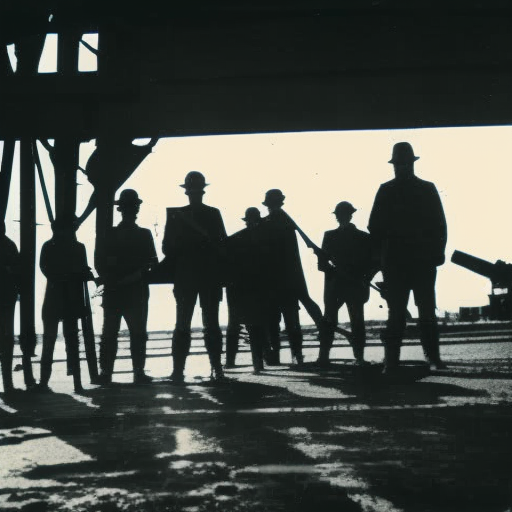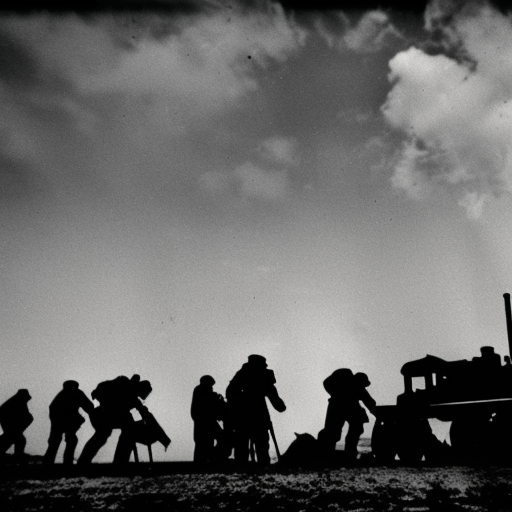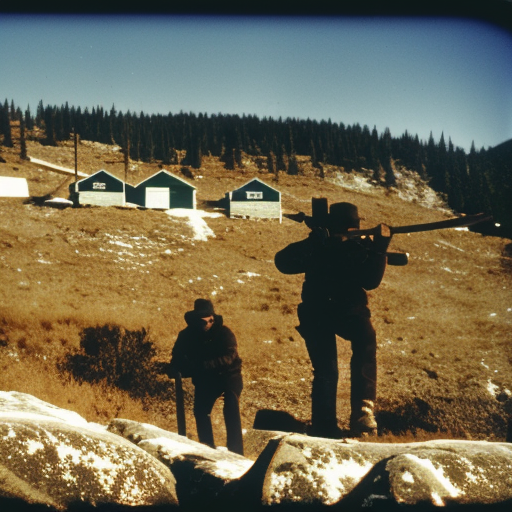The Pullman Strike was a nationwide railroad strike in 1894 that resulted in violent clashes between workers and the government, leading to significant labor reforms.
The Taft-Hartley Act (1947) Explained
The Taft-Hartley Act of 1947 was a significant labor law that restricted the power of labor unions and promoted employer rights.
The Wagner Act (1935) Explained
The Wagner Act of 1935 was a landmark labor law that protected workers’ rights to organize and bargain collectively.
Steel strike of 1919 Explained
The Steel strike of 1919 was a major labor conflict in the United States that involved over 350,000 steelworkers demanding higher wages and improved working conditions.
1981 warning strike in Poland Explained
The 1981 warning strike in Poland marked a significant turning point in the country’s history, foreshadowing the eventual formation of the Solidarity movement and challenging the communist regime’s authority.
Newfoundland Loggers’ Strike Explained
The Newfoundland Loggers’ Strike was a significant labor dispute in 1959 that led to improved working conditions and wages for loggers in Newfoundland and Labrador.














